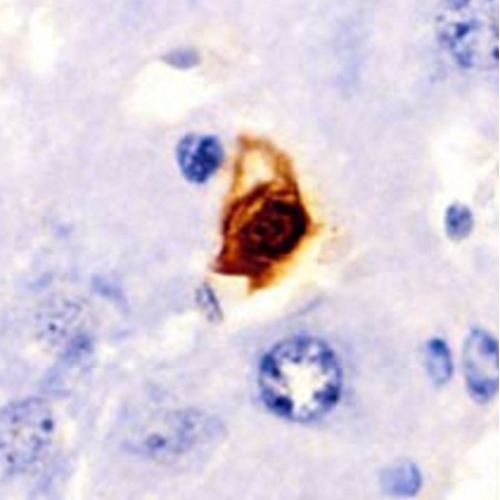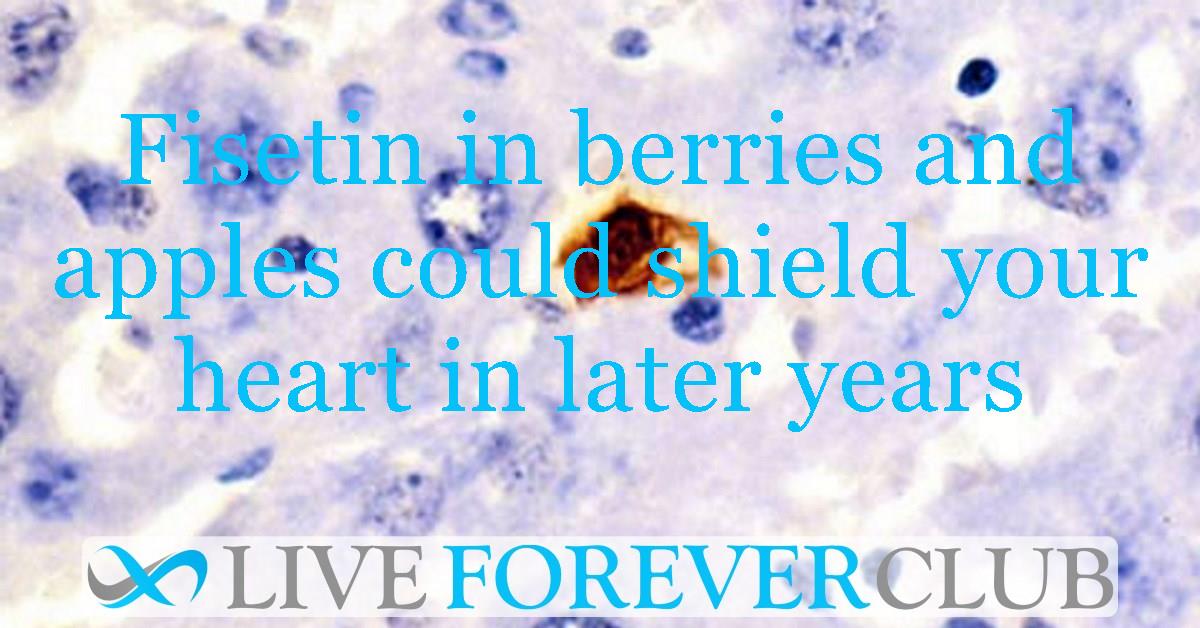As the world's population ages, cardiovascular diseases (CVDs) increasingly threaten health and quality of life. Arterial dysfunction, characterised by diminished endothelial function and arterial stiffening, plays a pivotal role in the development of CVDs in older adults.
A groundbreaking study conducted by a team at the University of Colorado Boulder has shed new light on this issue. They explored the potential of fisetin, a natural flavonoid found in various fruits and vegetables, to combat age-related arterial dysfunction.
The Science Behind the Discovery
Researchers of the study delved into the effects of fisetin, a flavonoid, on ageing arteries. They conducted experiments both in vitro with human endothelial cells and in vivo using aged mice. Fisetin was administered intermittently, and its impact was observed on several factors including cellular senescence, arterial function, and oxidative stress.
They employed advanced methods like flow-mediated dilation to measure endothelial function and pulse wave velocity tests for arterial stiffness in mice. Additionally, they examined the accumulation of senescent cells in vascular tissue and used assays to track oxidative stress and inflammation markers. Their approach combined cutting-edge techniques in molecular biology, pharmacology, and physiology to provide a comprehensive view of fisetin's impact on vascular ageing.
Results
The research demonstrated that fisetin supplementation in aged mice led to a significant reduction in markers of cellular senescence, particularly in endothelial cells which line the blood vessels. This reduction in senescence was correlated with improved vascular function.
One of the key findings was the enhancement of endothelial function, crucial for maintaining vascular health. Fisetin treatment resulted in an increase in endothelial nitric oxide synthase (eNOS) activity, a critical factor for producing nitric oxide (NO). NO is essential for vascular relaxation and maintaining blood flow. The study observed a notable increase in NO availability in the blood vessels of fisetin-treated mice.
Additionally, fisetin was found to reduce oxidative stress within the vascular system. Oxidative stress, an imbalance between free radicals and antioxidants in the body, contributes significantly to the ageing process and the deterioration of arterial health. By decreasing oxidative stress, fisetin helped in preserving the integrity and function of the arteries.
Arterial stiffness, another critical factor in cardiovascular health, was also positively affected by fisetin. The study noted a decrease in arterial stiffness in fisetin-treated mice, which is significant because increased arterial stiffness is a major risk factor for cardiovascular diseases in the elderly.
Natural sources of fisetin
Now that we understand the beneficial aspects of feasting, let's explore a list of natural sources.
Strawberries
Strawberries stand out as one of the richest natural sources of fisetin. These juicy, red fruits are not just delightful to the palate but also a powerhouse of this beneficial compound. Including strawberries in your diet can be a delicious way to harness the health benefits of fisetin.
Apples
"An apple a day keeps the doctor away" might have more truth to it than we thought, thanks to its fisetin content. Apples, a staple in many diets, are a convenient and tasty source of fisetin, offering a perfect excuse to indulge in this everyday fruit.
Grapes
Grapes, both red and green varieties, are another excellent source of fisetin. Whether you enjoy them fresh, as raisins, or even as wine, grapes provide a versatile option for incorporating fisetin into your diet.
Onions
Beyond fruits, onions are a surprising but significant source of fisetin. This common kitchen ingredient, often used for its flavor, also contributes to your fisetin intake, adding another layer of health benefits to your meals.
Towards Healthier Ageing
The research on fisetin has significant implications for ageing and health. By improving arterial function in aged mice, fisetin suggests a potential for reducing age-related cardiovascular risks.
Its potential to mitigate age-related arterial dysfunction suggests a novel approach to reducing cardiovascular risks in older adults. This aligns with the growing interest in natural compounds for health and longevity. Future research could explore fisetin's benefits in human ageing, potentially influencing dietary recommendations or supplement development.
This study underscores the importance of diet and specific nutrients in maintaining health as we age, offering a new perspective in gerontology and cardiovascular research.
Acknowledgements
This research, published in the journal Aging Cell, was made possible through the efforts of researchers at the University of Colorado Boulder, with significant contributions from the Buck Institute for Research on Aging and Lawrence Berkeley National Laboratory.








